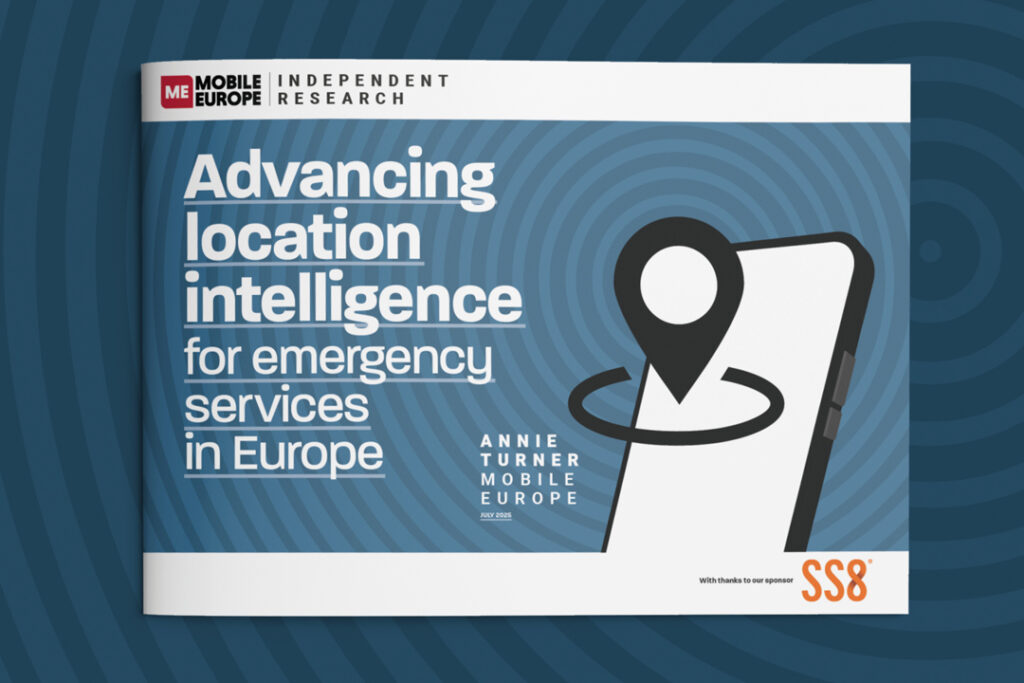The German solar park collaboration with Iberdrola marks its first utility‑scale photovoltaic (PV) plant directly linked to network operations
Vodafone has commissioned its first solar park in Germany in Boldekow (Mecklenburg-Western Pomerania), with energy company Iberdrola. The energy generated there is supplied directly and 100 percent to Vodafone’s mobile network – nationwide. The initiative with Iberdrola’s Boldekow solar park is not the first use of solar energy in its mobile network across Europe. It is, however, the first major solar park in Germany tied directly to telecom network use, representing a milestone in scale.
Vodafone is building upon earlier European solar projects. However, its prior efforts have typically focused on distributed solar installs and hybrid off‑grid towers. For example, since September 2024, Vodafone Germany has equipped hundreds of its network towers and regional data centres with PV panels. That initial rollout covered 86 sites (~398 kWp), and the operator is targeting around 200 stations by end‑2025.
While that initiative is a broader rollout, Boldekow represents a new scale given it is a single large solar park. It will provide sustainable electricity for 3,000 mobile phone masts, from an area the size of 65 football fields. The 80,000 solar panels generate up to 53 gigawatts of total power per year.
“Digitalisation is helping thousands of companies across the country save energy and become more sustainable. But digitalisation can only be truly effective if we make it more sustainable ourselves – for example, the operation of our networks,” said Vodafone Germany CEO Marcel de Groot (above). “That’s why we are now relying even more heavily than before on solar energy for mobile communications in Germany. The 80,000 solar panels that Iberdrola is now launching in Mecklenburg-Western Pomerania will transmit exclusively for our network and can thus ensure the operation of more than 3,000 stations across the country.”
Old partners
The solar park isn’t the first time the operator has worked with Iberdrola. In July 2023, Vodafone signed clean energy power purchase agreements (PPA) in Spain and Portugal, adding to an earlier agreement in Germany. With these, Iberdrola signed up to provide Vodafone with 410 gigawatt-hours (GWh) of clean, renewable PV solar energy per year in Germany, Portugal and Spain.
In February of that same year, Vodafone signed a PPA in the UK, lasting 10 years, which would see five solar farms generating 216 gigawatt hours of electricity for the operator over ten years. Meanwhile, back in mid‑2022, Vodafone UK also launched a pilot for a self-powered mast in Eglwyswrw, Wales, combining solar panels, Crossflow wind turbine and battery storage, aimed at off-grid, low‑carbon operations.
“The transformation of the energy supply must be anchored regionally. The energy transition will only succeed if we consider all technologies together. Investments in offshore and onshore require clear processes and a reliable political framework,” said Iberdrola Germany managing director Felipe Montero.
“Photovoltaics is another building block for expanding our exclusively renewable energy offering in Germany. The location in Mecklenburg-Western Pomerania is well chosen not only because of the abundant solar radiation, but also because of the openness of the region and its people to such a sustainable project,” he added.
30 year plan
Over its planned operating life of 30 years, Iberdrola’s new solar park is expected to save around 20,000 tons of CO2 annually. By 2040, the Vodafone Group aims to be CO2-neutral along its entire value chain and to further reduce its own emissions (Scope 1, 2 & 3). Vodafone Germany recently announced its CO2 neutrality in its own emissions : The operator has already reduced its own CO2 emissions by 93 percent compared to 2020 (Scope 1 & 2).
With its wind farms, Iberdrola is already the largest operator of offshore wind power in the German Baltic Sea. And with the new solar park, the energy supplier is expanding its commitment to the onshore sector in this country.



